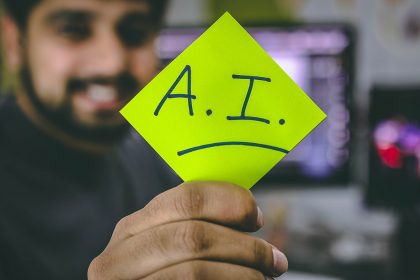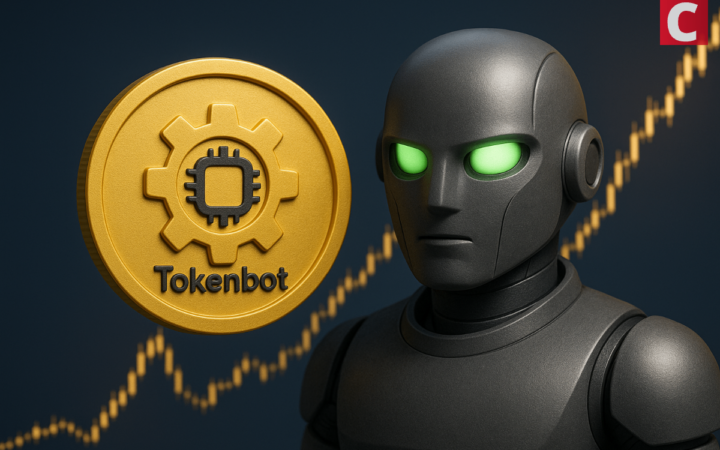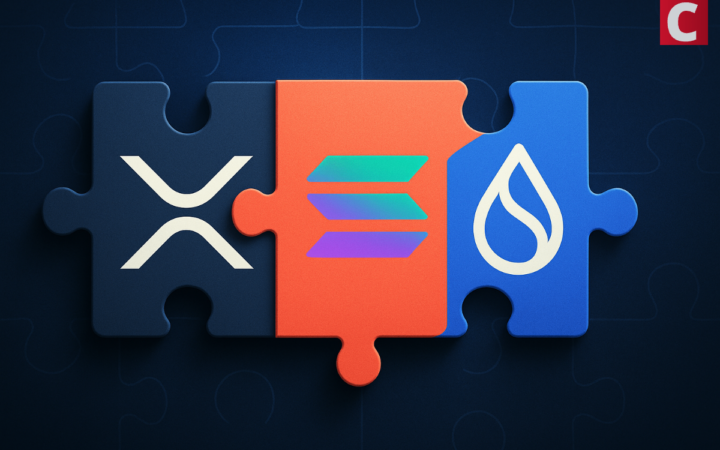While it can be easily said that no industry or business department has been left untouched by artificial intelligence, there is still one primary industrial sector left. Cryptocurrency is one of the significant products of the digital era. A complete software-based digital currency following a decentralized regulation method. That means there is no authority or third party influence involved like that of banks or government. However, even after being a powerful blockchain technology, every type of cryptocurrency also has its limitations in the industry.
However, according to recent statistical publications, cryptocurrency is practically usable in any industrial domain, given it deals with financial and digital transactions. Cryptocurrency mining continues to be a profitable business even after the ongoing high and lows. And China stands the biggest industry player accounting for 75% of the total control on the overall mining network. These figures are proof enough that even though the crypto industry had its fair share of risks and losses, people are still willing to play in the industry domain.
It is why many industries consider AI to work best in combination with the blockchain. Both have been undoubtedly the most significant technologies that have greatly accelerated technological innovation and brought in numerous changes in every industry.
AI Cryptocurrency Transformations
Thus, to understand the potential of AI realized via blockchain technology, the following are the top five ways how artificial intelligence is successfully transforming the crypto into a thriving industry.
Scalability
Artificial intelligence has been successful in decentralizing learning systems to enhance the overall efficiency of transactions. Even data sharing methodologies are designed to assure scalability on a long way to achieve expending goals to the maximum.
Blockchain technology has been successful in operating cryptocurrency at a consistent pace of 1MB at every 10-minute mark. It has already been growing at a successful pace of raising over 100 GB. When Satoshi Nakamoto first introduced blockchain technology, he brought forward the concept of pruning as a possibility to delete additional data involved in the completion of transactions so that the entire blockchain is not limited to a single computer.
Security
After the buzz around the launch of Facebook cryptocurrency Libra and its increasing concerns for the US government for it to be used by terrorists, enhanced protection is enabling crypto-coins to make their place in the digital currency across the globe. Although it is almost impossible to hack a blockchain network because of how it is designed initially, there is always a risk of scammers who try to break the system. As the system, much opposed to its name ‘cryptic,’ is not cryptic at all. It is a transparent, decentralized system that operates right in the public eye. Here artificial intelligence gets worthy of playing a significant role. From the past few years, machine learning has made incredible progress, and this makes it a perfect ally to assure secure deployment of blockchain applications.
Efficiency
According to the 2019 Global Blockchain Survey, respondents were interested in investing US$5 million more in blockchain initiatives compared to last year. 53% of respondents accept it as a critical need for transactions, while 83% see the compelling use of blockchain in AI cryptocurrency.
Therefore considering these figures and the possibility of the growth, utilization, and efficiency of operations while reducing total costs, an efficient AI system undoubtedly will be able to compute the performance of transactions instantly. Additionally, faster transactions are possible with enhanced smart marketing efficiency and much lower energy consumption. Despite structural constraints and uncertainties, this can bring a significant reduction in the potency of networks.
Privacy
Like every other technological advancement being circulated nowadays, cryptocurrency has its privacy concerns too. Artificial intelligence can not only provide reliable privacy enhancements but work great to reduce the risk involved with customer data.
However, there may be some considerable problems with security and scalability with its interconnectedness. These can be easily addressed with the inclusion of innovations working hand in hand with providing greater utility. Hence, the fusion of cryptocurrencies with artificial intelligence assures that privacy is not compromised at every level, and most importantly, breaches don’t make it up to the news.
Energy Savings
To be executed with perfection, cryptocurrency mining requires an unrealistic amount of resources and energy. However, with the inclusion of artificial intelligence and its name, having proved that energy and resources can easily be saved and kept at the backend as a plan B to be used if something goes wrong.
Cryptocurrency is the product of the digital age. As much as any such financial medium would require strict regulation, it saves the energy of involving third party author, the centralized banking system, and any government organization to look after.
Moreover, it has increasingly shifted a hefty weight from the miner’s pockets as it has lowered investments in mining hardware. You can easily use a single computer system synced with others through software to create a successful blockchain cycle.
Conclusion
All in all, it can be said that where artificial intelligence has paved its way in almost all aspects of our lives, cryptocurrency is also one where it has successfully incorporated emerging technologies. However, AI cannot serve as a one-stop solution to cover up every drawback of cryptocurrency. Neither can it work like a flick of magic to replace human intelligence. What it can do is to bring enhanced control and facilitation to the fast execution of features associated with transforming cryptocurrency for good.
Disclaimer: Coinspeaker is committed to providing unbiased and transparent reporting. This article aims to deliver accurate and timely information but should not be taken as financial or investment advice. Since market conditions can change rapidly, we encourage you to verify information on your own and consult with a professional before making any decisions based on this content.

Stella Lincoln is the HR Manager at Academist Help. She is a regular contributor to the Educator House blog dispensing constructive advice with the latest information.





